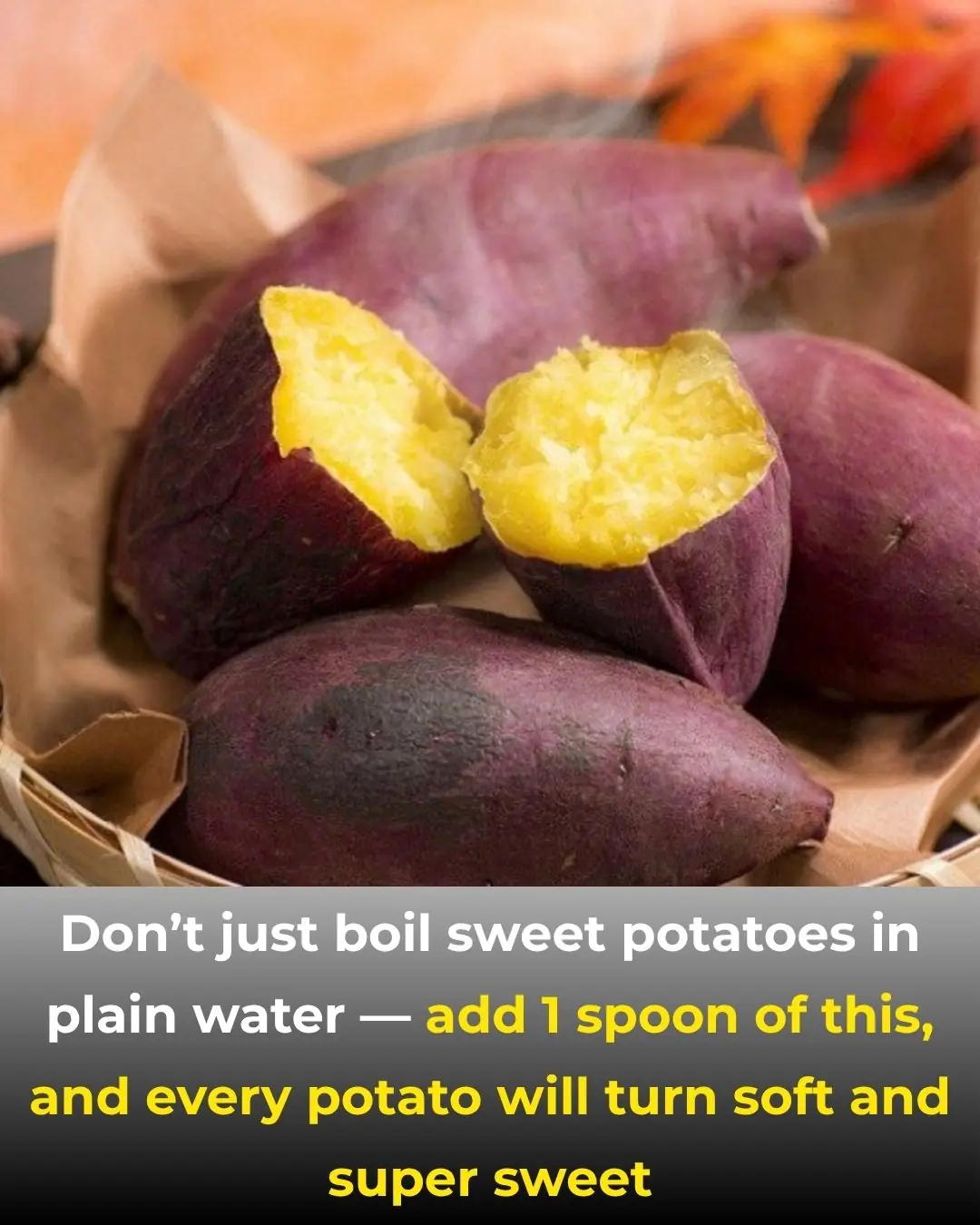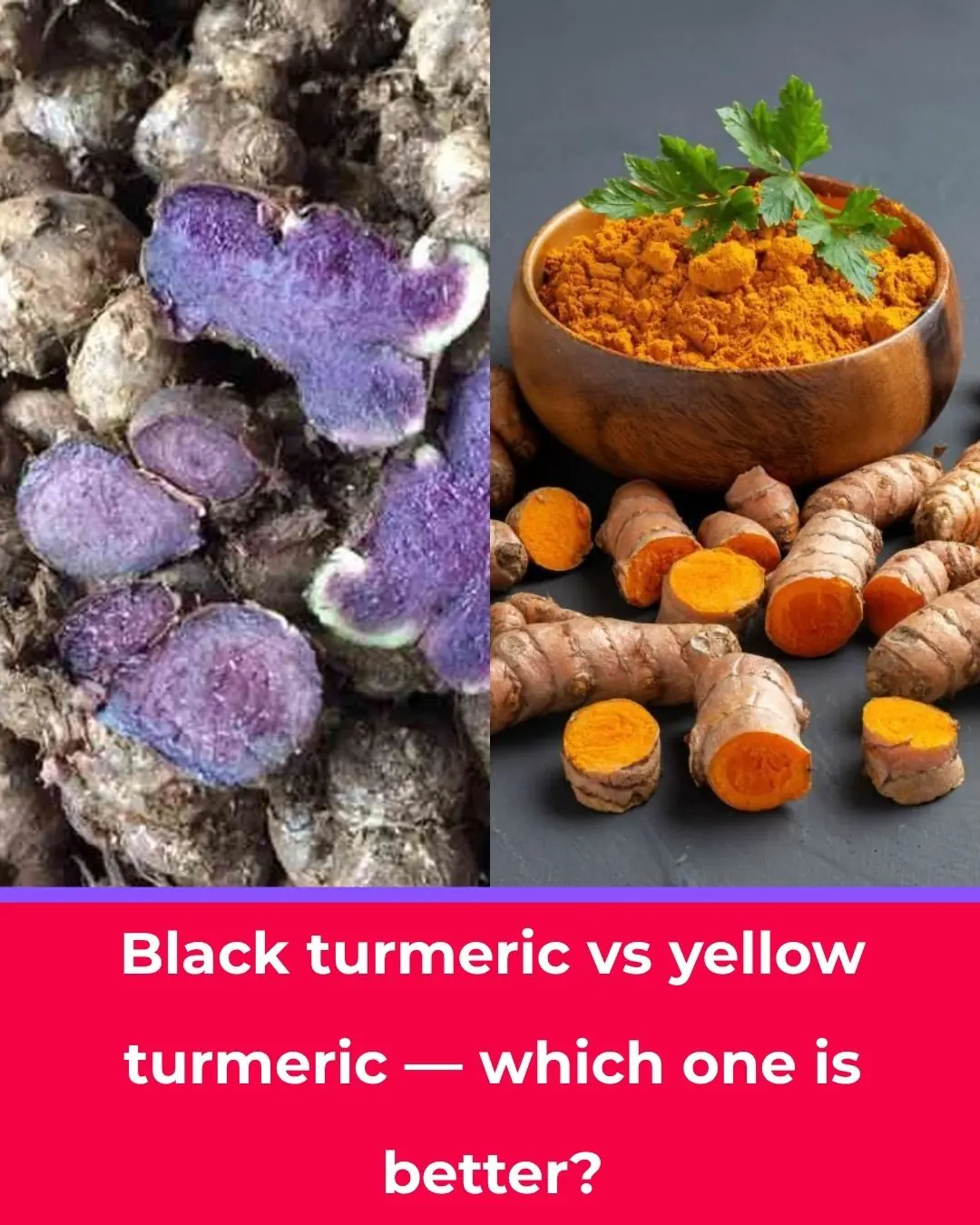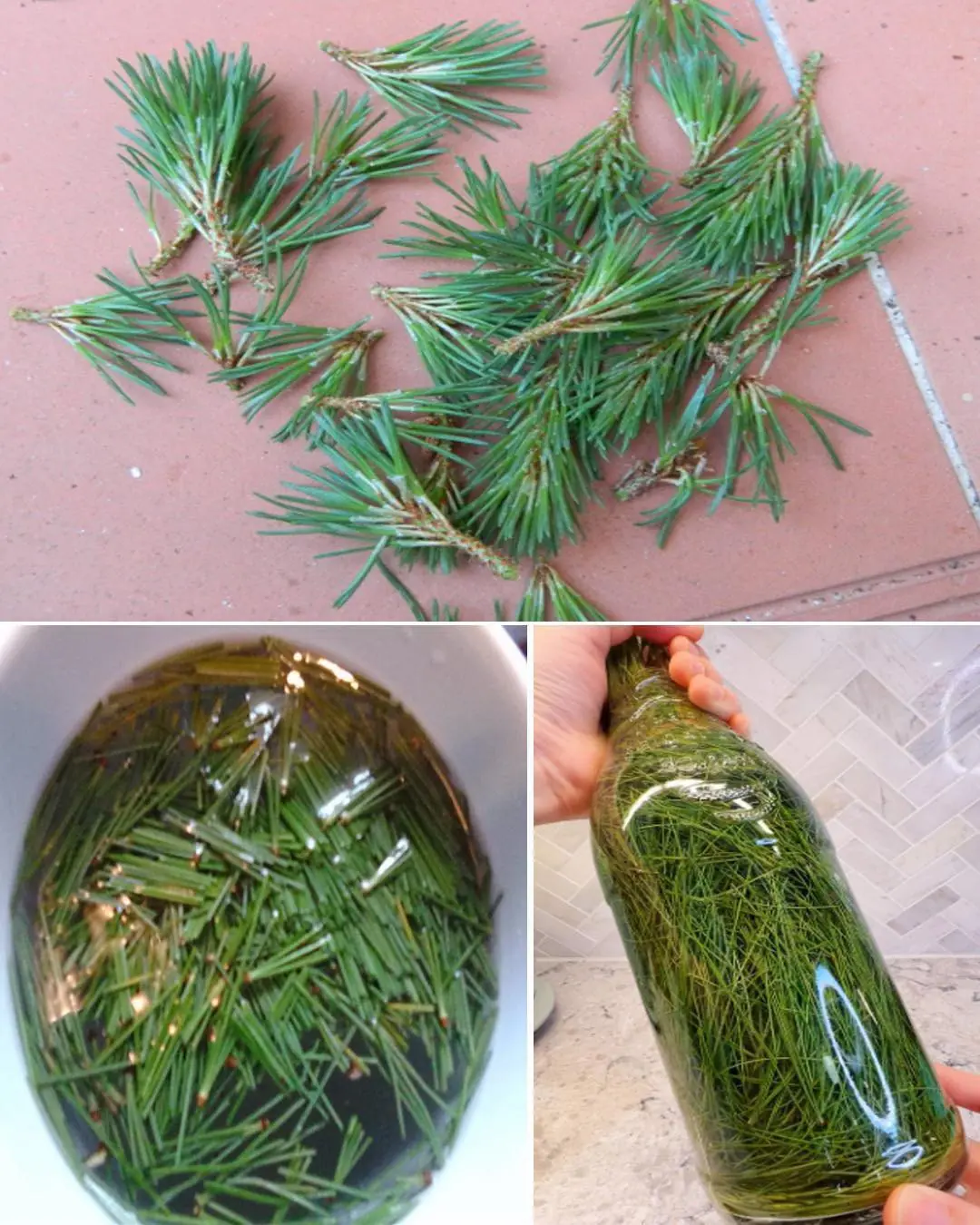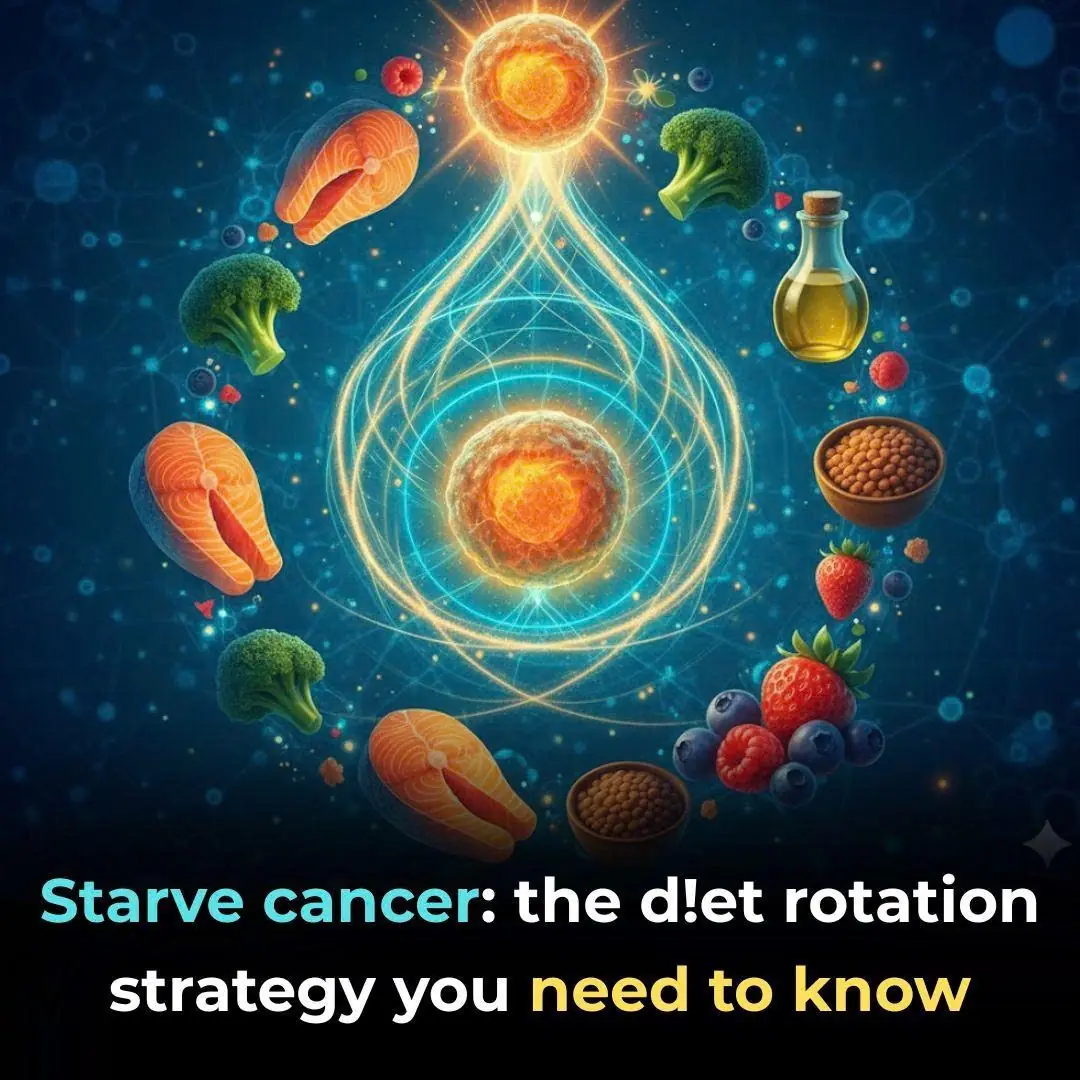
More People Are Struggling with Visceral Fat — Doctors Reveal 9 Foods That Help Burn It Naturally
Visceral fat — the fat stored deep inside your abdomen, surrounding vital organs such as the liver, pancreas, and intestines — plays a protective and insulating role. However, too much visceral fat can significantly increase the risk of heart disease, stroke, obesity, and type 2 diabetes.
According to nutrition experts, the key to reducing this dangerous fat isn’t crash dieting, but eating the right foods consistently. The following nine foods can help you feel full longer, curb cravings, and enhance your body’s natural ability to burn fat.
1. Eggs
Eggs are a nutrient-dense, low-calorie food rich in high-quality protein, vitamin D, and choline. They help keep you full for longer, reducing overall calorie intake throughout the day.
Studies published in the International Journal of Obesity found that people who ate eggs for breakfast consumed fewer calories later in the day compared to those who ate bagels. Eggs can be included in any meal — breakfast, lunch, or dinner — and are a staple for people aiming to control visceral fat (Healthline, 2024).
2. Fiber-Rich Fruits
Fruits are naturally low in calories and high in fiber, which slows digestion and helps control blood sugar. Fiber also promotes satiety, reducing the urge to snack on sugary or processed foods.
For optimal fat-burning results, choose low-sugar fruits such as apples, guavas, green mangoes, and grapefruits. Avoid fruits with a high glycemic index like durians, ripe mangoes, and jackfruit, as they can spike blood sugar and hinder fat metabolism (Harvard School of Public Health, 2023).
3. Peanuts and Other Nuts
Peanuts are rich in healthy fats, protein, and fiber, helping to control hunger and stabilize blood sugar. Regular nut consumption has been linked to a lower risk of obesity and heart disease (Harvard Health Publishing, 2023).
A small handful of roasted peanuts makes an excellent snack between meals. They provide sustained energy and reduce the likelihood of overeating later in the day.
4. Fatty Fish
Fatty fish like salmon, sardines, mackerel, and tuna are rich in omega-3 fatty acids and lean protein. These nutrients not only improve heart and brain health but also enhance the body’s fat-burning efficiency.
Research from The American Journal of Clinical Nutrition shows that omega-3s can help reduce inflammation and improve insulin sensitivity, both key factors in controlling visceral fat. Eating fish two to three times per week supports overall metabolism and helps maintain a healthy weight.
5. Leafy Green Vegetables
Leafy greens — such as broccoli, cabbage, and kale — are packed with fiber, antioxidants, and essential vitamins while being extremely low in calories. Their fiber content promotes fullness, aids digestion, and helps regulate blood sugar levels.
Regularly consuming cruciferous vegetables has also been linked to lower inflammation and improved gut health, both important for reducing visceral fat (Medical News Today, 2024).
6. Sweet Potatoes
Sweet potatoes are one of the best carbohydrate sources for weight management. They contain soluble and insoluble fiber, which help the digestive system absorb water, stimulate bowel movement, and assist in the elimination of fat.
Fiber from sweet potatoes also supports heart health and reduces cholesterol. According to the Mayo Clinic, men should consume around 38 grams of fiber daily and women 25 grams. One medium sweet potato provides roughly 4 grams — an easy step toward your daily goal.
7. Fermented Foods
Fermented foods such as kimchi, sauerkraut, and yogurt drinks contain beneficial probiotics that support gut health. A balanced gut microbiome helps reduce inflammation and improve insulin sensitivity — two critical mechanisms for managing visceral fat (WebMD, 2024).
Adding small servings of fermented foods to your meals each day can help maintain a healthy digestive environment and promote long-term weight balance.
8. Greek Yogurt
Greek yogurt is an excellent source of protein, probiotics, and calcium. The probiotics enhance gut flora balance, improve digestion, and strengthen immunity, while the protein helps keep you full longer and supports lean muscle maintenance.
Studies show that people who regularly consume yogurt have lower levels of visceral fat and a reduced risk of metabolic disorders (Obesity Research & Clinical Practice, 2022). Choose plain, unsweetened varieties for maximum benefit.
9. Lean Protein – Chicken and Other White Meats
Lean proteins like skinless chicken breast, turkey, or tofu help build muscle, support metabolism, and keep you full longer than carbohydrates or fats.
Health experts recommend consuming 25–30 grams of protein per meal to preserve lean muscle mass and encourage fat loss (Harvard Health, 2023). Unlike red meat, lean poultry contains very little saturated fat, making it an ideal option for those managing body fat and cholesterol levels.
🩺 In Summary
Visceral fat is a silent health risk, but your daily diet plays a major role in managing it. Prioritize foods high in protein, fiber, and healthy fats, and reduce refined carbs, sugary drinks, and processed snacks. Combined with regular exercise and proper sleep, these nine foods can help you achieve a healthier metabolism and a stronger, leaner body.
Sources: Harvard Health Publishing (2023), Healthline (2024), Mayo Clinic (2024), WebMD (2024), Medical News Today (2024), The American Journal of Clinical Nutrition (2023), International Journal of Obesity (2022).
News in the same category


Black Turmeric vs. Yellow Turmeric: Which One Is Better?

Like to see more from Tips for the Home

I Had No Idea About This!

These Ideas Are Amazing: 10 Clever Ways to Use Dryer Sheets Beyond the Laundry Room

Most Don’t Know: 13 Brilliant Ways to Use WD-40 Around the House

YouTuber shocks fans after revealing he hasn't showered in three months

YouTubers expose reality of 'toxic' Colorado ghost town that was abandoned for tragic reason

Napheesa Collier Hasn’t Said One Good Thing About WNBA, Commisioner Or CBA Negotiations: League Still Offers 30-Day Extension Because It Holds All Leverage

Meet Claudette Colvin, The Teen Who Pioneered The Civil Rights Movement

Outkast Earns Nomination for the 2025 Rock & Roll Hall of Fame

Missouri Real Estate Agent Is Looking To Create 1,000 Black Homeowners In Kansas City

Florida Man Uses Stimulus Funds To Create ‘Generational Food’ Community Garden

17-Year-Old Honored For Creating Color-Changing Sutures That Detect Infection

California Mom of Four Celebrates Passing The Bar After Studying For 10 Years In Inspirational Viral Video

Model Loses Both Legs After Toxic Shock Syndrome From Everyday Tampon Use

Before And After: Woman With Extreme Lip Enhancements Reveals Old Look

Tragic End: Georgia O’Connor Passes Away Weeks After Wedding Amid Medical Neglect
News Post

5 Amazing Benefits Of Aloe Vera Gel For Skin: Large Pores, Dark Spots, Wrinkles

Clove & Lemon Collagen Drink: Wrinkle Free, Glowing Skin

Unlock Your Body’s Hidden Power: Try Garlic and Honey on an Empty Stomach for 7 Days

Tragus Piercing What Does It Mean

9 Health Benefits of Pine Needles

Unlock The Incredible Health Benefits of Garlic, Ginger and Lemon for Men

A special method to grow garlic in plastic bottles

7 Benefits of the Miracle Leaf of Life

7 Amazing Health Benefits of Banana Blossoms

Boiling Sweet Potatoes: Don’t Just Add Plain Water—Add This Spoonful for Perfectly Fluffy, Sweet Results

The Science Behind Putting a Cotton Swab in a Menthol Oil Bottle

Black Turmeric vs. Yellow Turmeric: Which One Is Better?

Starve cancer: the diet rotation strategy you need to know

Like to see more from Tips for the Home

💪 Sarcopenia: Why Muscle Loss Happens & How to Fight It (After 50)

I Had No Idea About This!

These Ideas Are Amazing: 10 Clever Ways to Use Dryer Sheets Beyond the Laundry Room

Most Don’t Know: 13 Brilliant Ways to Use WD-40 Around the House
